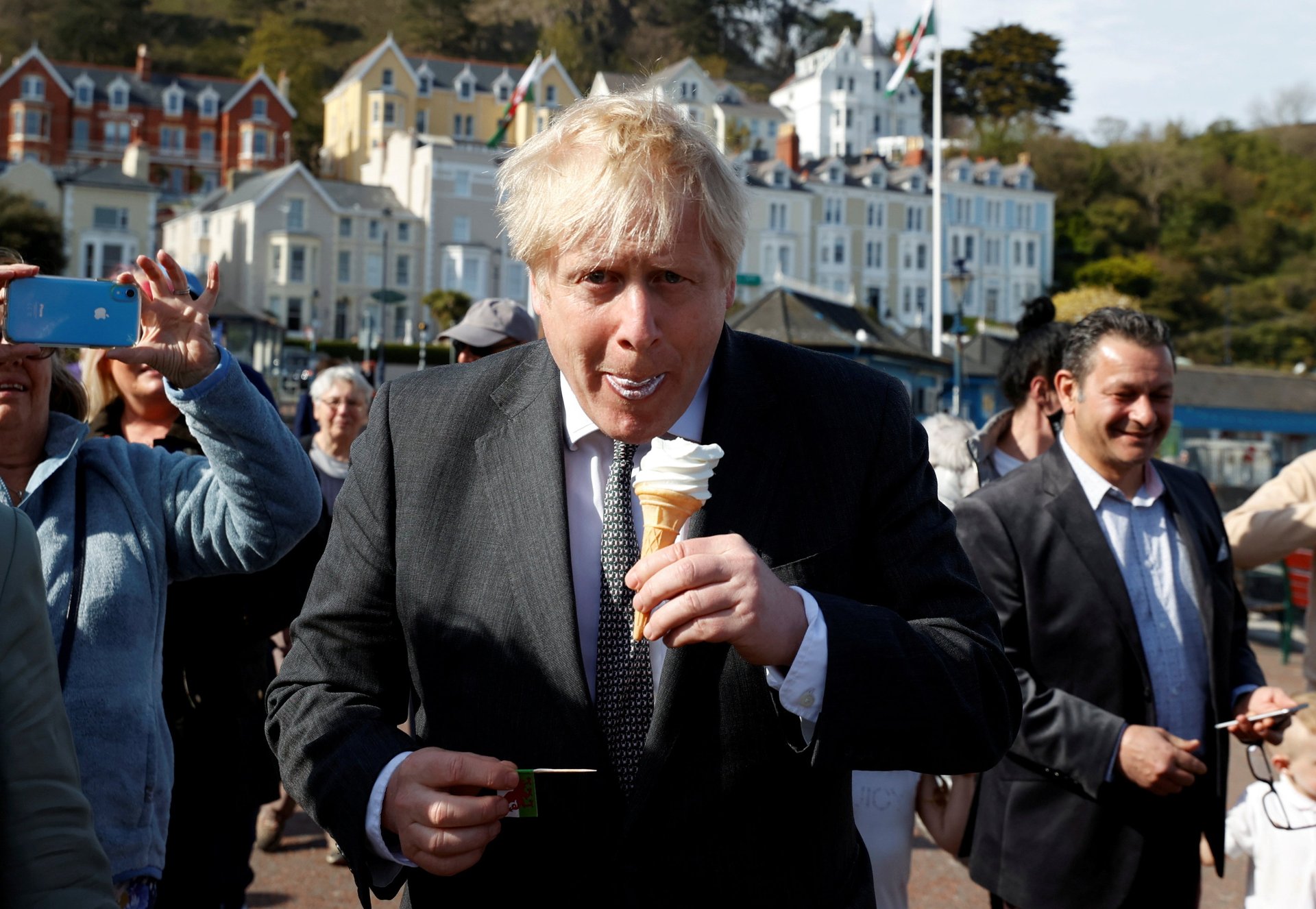These are UK prime minister Boris Johnson’s (current) scandals
These days, it’s difficult to sabotage a political career. Scandals over money, sex, or offensive remarks are easily spun aside by protective aides and friendly media, and in the end, voters don’t seem to care much, either.


These days, it’s difficult to sabotage a political career. Scandals over money, sex, or offensive remarks are easily spun aside by protective aides and friendly media, and in the end, voters don’t seem to care much, either.
But Boris Johnson, the UK’s prime minister during the biggest crisis since World War II, finds himself in several uncomfortable situations that might actually have repercussions.
Much of this is the apparent consequence of a feud between Johnson and Dominic Cummings, who was one of the architects of Brexit and an advisor to Johnson before being sacked last year—he’s now accused of leaking damaging information about his former boss.
The furniture at 11 Downing Street
Britain’s Electoral Commission, a powerful independent body that regulates political finances and decides how elections should be run, announced on April 28 that it is investigating Johnson over who paid for the furniture in his apartment at 11 Downing Street, next door to the UK’s seat of power. It’s not exactly Watergate, but it could be damaging.
On his blog, Cummings alleged that Johnson had a “possibly illegal” plan for political donors to pay for renovations, over and above the £30,000 ($42,000) all prime ministers get for home improvements. All donations must be accounted for, and comply with strict rules. Today, the prime minister claimed he’d “personally…covered the costs.”
But his worst crime, for some voters at least, may be that he and his partner reportedly disparaged the decor left by his predecessor, Theresa May. The furniture was from John Lewis, the British middle class’s favorite department store, and neither cheap nor poor quality.
The “pile of bodies” in the wake of Covid-19
The UK was slow, and the government reluctant, to impose a second national lockdown in October 2020. Multiple sources reported this week that Johnson said he’d rather see “bodies pile high in their thousands” than restrict the country again. He denied saying it.
The official UK Covid-19 death toll stands at nearly 130,000.
The European Super League
Johnson led the UK out of Europe, building up a huge amount of political capital with Brexit voters. He also stridently opposed plans for a European Super League, the universally criticized soccer tournament that was over before it began last week.
But it later emerged that he had met Ed Woodward, the executive vice chairman of one of the rebel teams, Manchester United, in a corridor at 10 Downing Street, days before the league was announced. This raised questions about how much the prime minister knew before the explosive plans were revealed, and whether he’d actually supported it before the backlash became apparent.
The vacuum cleaner magnate
At the start of the pandemic, the prime minister needed to secure ventilators for the UK. It’s no surprise that he went to James Dyson, of vacuum cleaner fame, a Brexit ally and one of Britain’s best-known innovators.
The problem was that Dyson wanted to make sure his workers were not liable for additional taxes for coming to the UK, and texted Johnson directly to ask him what could be done “in support of this national emergency.” The response from Johnson? “I will fix it.”
To avoid possible corruption, there are rules that govern lobbying, and also the way that such requests ought to be communicated. Most people can’t just text the prime minister, even if there’s no material gain, as in this case. It never looks good when leaders make secret promises to billionaires. And in the end, the UK didn’t even need Dyson ventilators.